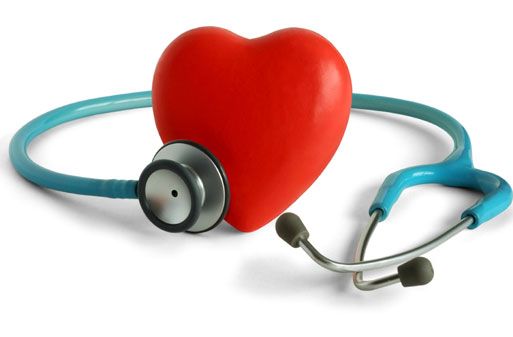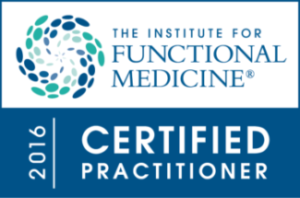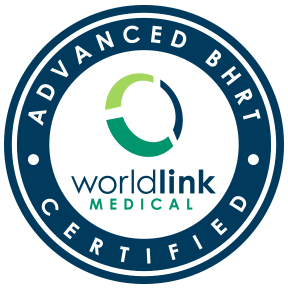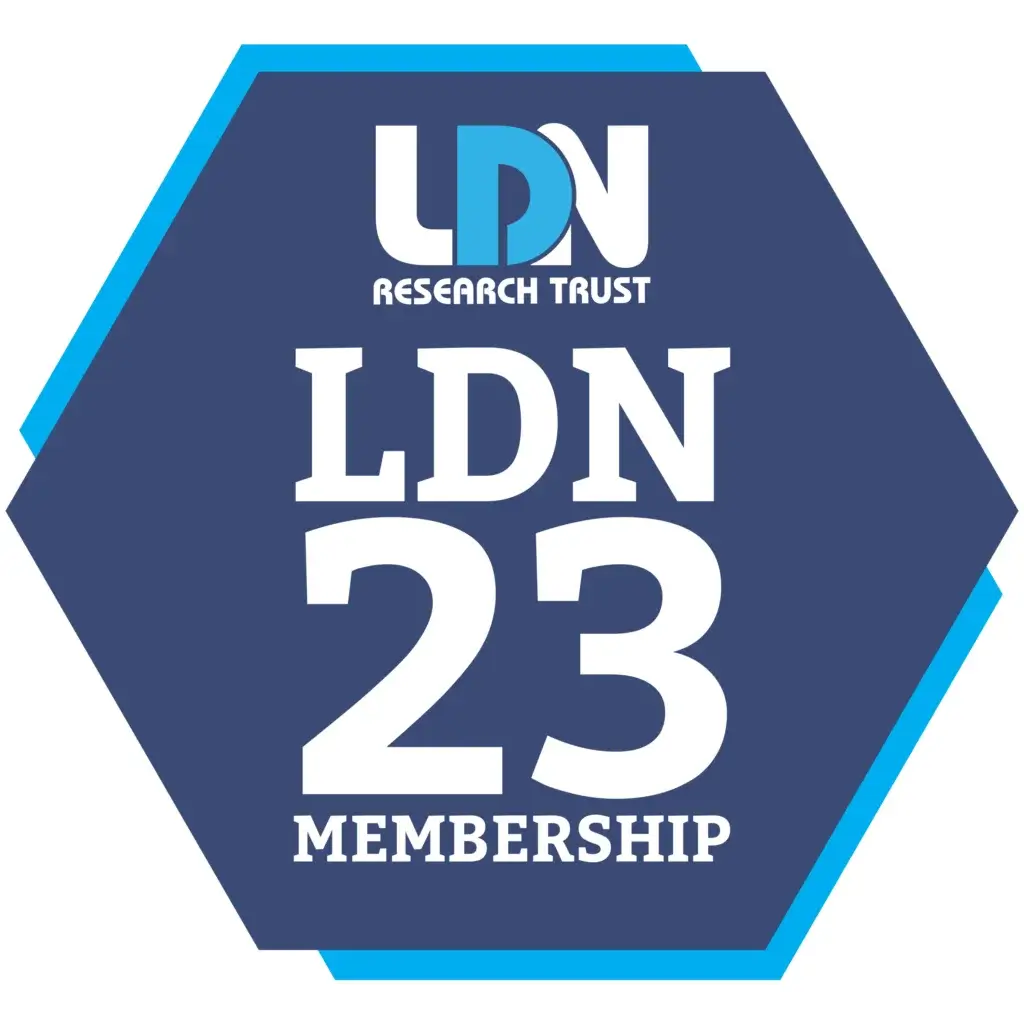Having an elevated cholesterol level has become known as the “demon” and to be avoided at all cost. But does cholesterol really deserve to be demonized? Before reading this post, you might want to first read the previous blog post, “Cholesterol 101: Why is it Important?” (Check out the time-sensitive 2 for 1 Heart Month Offer at the bottom of the blog post)
So, now what? What do you do if your healthcare provider wants to put you on a cholesterol-lowering medication (statin drugs, e.g. Crestor, Lipitor, Zocor, and more) for an abnormal cholesterol value? Do you follow his/her recommendations, or is there a better way?
![]()
First of all, before answering this question, let’s consider some other questions that Dr. Peter Osborne hilights: What did we ever do before the invention of “statin” drugs, the popular pharmaceutical medications that have been touted as wonder drugs by the conventional medical establishment, with some physicians even suggesting statins should be put in the water supply. Seriously? (Believe it or not, according to Dr. Chris Kresser, the doctor that is first noted for making this suggestion is named John Reckless—seriously!)
Does it really make sense for humans to avoid eggs, shrimp, animal protein and take a drug to keep our body functioning properly, asks Dr. Peter Osborne? Is it reasonable to eat a high processed cereal with excessive sugar as a tool to reduce cholesterol, as is advertised by many cereal companies, while taking a toxic medication that could be even more damaging to our amazing body? If you want to talk “reckless,” BIG PHARMA and the processed food industry…..they are the “reckless” ones, but, unfortunately they have been very successful at “pulling the wool over our eyes” for far too long. It’s time to say, “Enough is enough!”
![]()
Despite the many years the conventional medical establishment have been prescribing statin drugs, heart disease and stroke remain the number one causes of death and disability in America. These morbidity and mortality statistics don’t lie (unlike the statistics put out by the pharmaceutical industry on the benefits of statins). Morbidity and mortality statistics for heart disease and stroke continue to rise, despite using these so-called life-saving cholesterol-lowering medications.
The Scientific Facts:
- Cardiovascular disease affects 65 million Americans
- Close to one million Americans have a heart attack each year
- One person in the United States dies every 39 seconds of cardiovascular disease
- 1 of 3 deaths that occurs in the United States is caused by cardiovascular disease
- 1 in 3 Americans have metabolic syndrome, a cluster of major cardiovascular risk factors related to overweight/obesity and insulin resistance
![]()
Dr. Peter Osborne reports that “it has been hypothesized that high cholesterol is a risk factor for cardiovascular disease, but the truth is, this is a disproven theory”–a myth (1, 2)! The studies using cholesterol medications to lower the risk of heart disease are funded and sponsored by pharmaceutical companies, who are fraught with conflict of interest, e.g. reported by the New England Journal of Medicine and Journal of the American Medical Association. The editors of these journals admit that non-beneficial drug effects go unreported in many studies and they overstate the benefits of the medication by manipulating statistics and reporting relative risk reduction instead of absolute risk reduction (see explanation below of these terms).
Risk vs Benefit (according to Dr. Peter Osborne):
Where do the pharmaceutical companies get their statistical data from? The rates of efficacy of a medication are determined by the NNT (numbers needed to treat). For a statin drug, the NNT is approximately 100, which means for one person to receive the benefit of the medication, 100 people need to be taking the drug. That is an efficacy rate of 1%. When you take into account the side effects of taking a drug, is a 1% efficacy rate really worth it?
Dangers of Statins (according to Drs. Guy Schenker, Ronald Grisanti & Chris Kresser):
Liver damage: Statins work by blocking the enzyme HMG CoA reductase so that the liver can no longer synthesize its own cholesterol (in actuality, the liver produces 2000 mg of cholesterol daily by itself). It is not likely that the liver is trying to destroy us and give us cardiovascular disease. In fact, cholesterol is an absolutely essential compound that has many critical functions in our body.
Although it may seem harmless to tell the liver not to produce as much cholesterol, the truth is a drug does not act locally on just one single enzyme system in one particular metabolic pathway, but instead it puts a tremendous load on overall liver function. Statins, therefore, interfere with normal liver metabolism, inhibiting the liver’s production of many essential substances, while damaging it in the process.
![]()
Even though the cholesterolemia to cardiovascular disease connection is a myth, an elevated cholesterol level does indicate a metabolic problem, but the cause of this problem should never be solved by giving a statin drug. Wouldn’t you say that liver damage is quite a high price to pay for the illusion of destroying a mythical demon?
Musculoskeletal pain: This type of pain (often severe), also called, myalgia, is frequently misdiagnosed. Many doctors don’t connect their patient taking a statin drug as the cause of their complaints, and instead often give them diagnoses like: tendonitis, bursitis, rotator cuff syndrome, etc. Sadly, there are many cases of people undergoing surgery for musculoskeletal complaints, that were never the cause.
In severe cases of musculoskeletal pathology, the muscle can actually die (tissue death), and when this happens the products of muscle breakdown (necrotic tissue), can overload the kidney with the enzyme CPK (creatinine-phosphokinase), and with myoglobin (and its associated toxic iron), and other products of necrosis that can lead to kidney failure and death.
![]()
Diabetes: This is one of the most troubling side effects of statins, especially for women. A study published in 2010 in The Lancet, examined 13 randomized controlled trials involving over 90,000 people taking a statin. There was a 9% “relative” increased risk in developing diabetes (which means that the absolute risk was much lower). However, there was a 48% increased risk of diabetes discovered in healthy women taking a statin after adjusting for other risk factors, in an observational study of the Women’s Health Initiative (3)
Other dangers: cataracts, kidney failure, cognitive impairment, impotence
The Truth:
According to Dr. Peter Osborne, there are multiple studies that have shown that people with higher cholesterol levels live longer (4). In fact, there are several studies that have shown that higher cholesterol levels in the elderly are associated with greater longevity and a a risk reduction from dying from cancer and infection (5, 6). In addition, high cholesterol has not been shown to be a risk factor for heart disease in women, the elderly, diabetes, or coronary heart disease patients (7).
![]()
On the other hand, according to Drs. Guy Schenker and Ronald Grisanti, people with low serum cholesterol (less than 180) have three times the incidence of strokes as the general population (8). William Castelli, M.D., a former director of the Framingham Heart Study (who originally implicated cholesterol as a problem in cardiovascular disease) notes that people with low cholesterol (lower than 200), suffer nearly 40% of all heart attacks).
So does it make sense to lower your cholesterol with a statin drug? Drs. Schenker and Grisanti’s remarks bear repeating: “Low serum cholesterol means that you have three times the chance of having a stroke, and high cholesterol has been shown NOT to be significantly correlated with heart attacks since 40% of the people who have heart attacks have cholesterol that is lower than average.”
Benefits of Cholesterol:
- Cholesterol is required in order to make all sex hormones (progesterone, testosterone, estrogen) and adrenal hormones
- Cholesterol is needed to make vitamin D (a deficiency of vitamin D can lead to heart disease)
- Cholesterol allows the body to make Coenzyme Q10 (a deficiency in CoQ10 causes high blood pressure and congestive heart failure)
- Cholesterol is needed for brain cells to form communication synapses (a deficiency can lead to cognitive impairment)
- Cholesterol is an important component of your brain; 5% of the dry weight of your brain is made of cholesterol
- Cholesterol is a main component of nerves
- Cholesterol aids in digestion; without cholesterol, none of the fat-soluble vitamins (A,D, E & K) could be absorbed
- A Cholesterol-containing membrane surrounds every single cell in the body, and without this cholesterol membrane, no cell in the body could function
- If following a low cholesterol diet, the liver makes up the difference by producing more cholesterol just to be sure there is enough
- High blood cholesterol doesn’t occur from eating foods high in cholesterol–instead it comes from a metabolism that is not efficient at handling the cholesterol you need
![]()
Should anyone take a statin drug?
There are some people who should take a statin drug. According to Dr. Chris Kresser, who wrote “The Diet-Heart Myth,” there is little doubt that statins are effective in reducing heart attacks and deaths from heart disease in people who already have heart disease. Several large controlled studies have shown relative risk reductions between 7% on the low end and 32% on the high end, with an average risk reduction of about 20%. However, absolute risk reductions are much more modest (see below for the difference between absolute and relative risk). They range from 0.8% on the low end to 9% on the high end, with an average of 3%.
One analysis in 2010 (9) found that among those with pre-existing heart disease that took statins for 5 years:
- 96% saw no benefit at all
- 1.25 (1 in 83) had their lifespan extended (were saved from a fatal heart attack)
- 2.6% (1 in 39) were helped by preventing a repeat heart attack
- 0.8% (1 in 125) were helped by preventing a stroke
- 0.6% (1 in 167) were harmed by developing diabetes
- 10% (1 in 10) were harmed by muscle damage
![]()
A significant negative impact on quality of life can result from a heart attack or stoke, thus any intervention that can decrease the risk of these events should be considered. But, as described above, even the population for which statins are most effective–those with pre-existing heart disease–83 people have to be treated to extend one life, and 39 people have to be treated to prevent a repeat heart attack.
Dr. Chris Kresser admits that statins do reduce the risk of cardiovascular events in people without preexisting heart disease, but the effect is more modest than most people assume. In this same analysis (9), the effects of statins given to people with no known heart disease for 5 years was also analyzed.
- 98% saw no benefit at all
- 1.6% (1 in 60) were helped by preventing a heart attack
- 0.4% (1 in 268) were helped by preventing a stoke
- 1.5% (1 in 67) were harmed by developing diabetes
- 10% (1 in 10) were harmed by muscle damage
![]()
These statistics present a more sobering view on the efficacy of statins in people without preexisting heart disease, according to Dr. Kresser. They suggest that you would need to treat 60 people for 5 years to prevent a single heart attack, or 268 people for 5 years to prevent a single stroke. These somewhat umimpressive benefits must also be weighed against the downsides of therapy, including side effects and cost.
Additionally, while statins do moderately reduce cardiovascular events, e.g. heart attack in people without heart disease, they have never shown to extend lifespan in this population, even when the risk of heart disease was high. In a large meta-analysis of 11 randomized controlled trials, statins were not assoicated with a significant reduction in the risk of death from all causes (10).
![]()
Similar conclusions were drawn by the prestigious Cochrane Collaborateion in a meta-analysis of statin trials in people without heart disease (11). They also observed that all but one of the clinical trials providing evidence on the issue were sponsored by the pharmaceutical industry, which is significant since research clearly indicates that industry-sponsored trials are more likely than non-industry-sponsored trials to report favorable results for drugs because of biased reporting and/or biased interpretation.
If cholesterol is not the cause of heart disease, what is & how should it be treated?
Stay-tuned for the next blog post on this topic.
* Researchers and pharmaceutical companies often use “relative” risk statisics to report the results of drug studies. For example, they might say, “in this trial, statins reduced the risk of heart attack by 30%.” But what they may not tell you is that the “absolute” (actual) risk of having a heart attack went from 0.5% to 0.35%. In other words, before you took the drug you had a 1 in 200 chance of having a heart attack; after taking the drug you have a 1 in 285 chance of having a heart attack. That’s not nearly as impressive as using the 30% relative risk number, but it provides a more accurate picture of what the actual or “absolute” risk reduction is.
References (mentors): Drs. Ronald Grisanti, Guy Schenker, Chris Kresser, Peter Osborne








